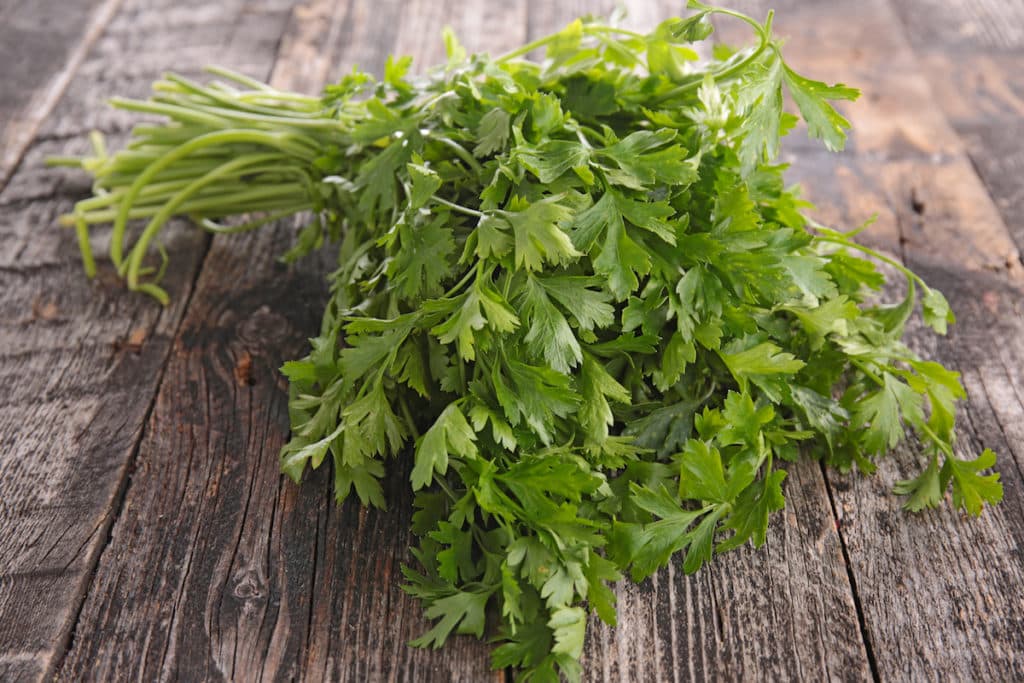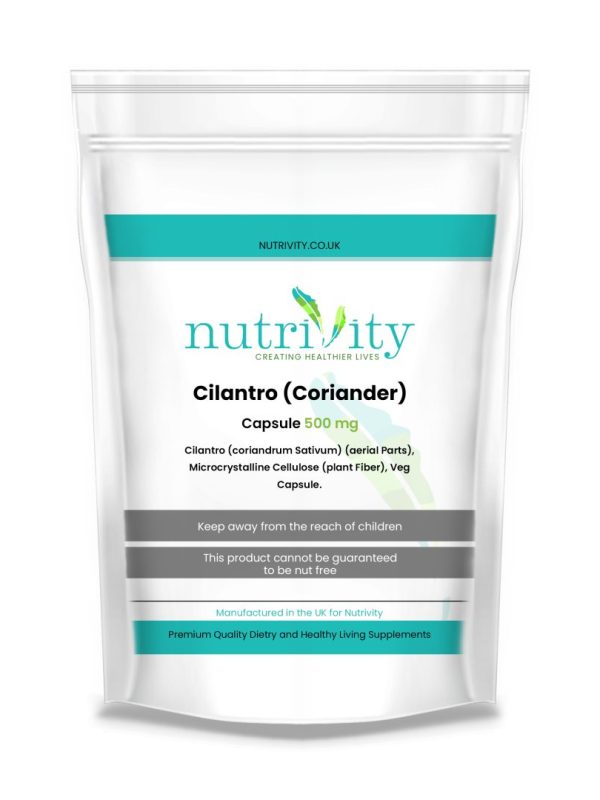Is cilantro good for PCOS?
The Potential Benefits of Cilantro for PCOS: Exploring Nature’s Support for Hormonal Balance
Introduction:
Polycystic Ovary Syndrome (PCOS) affects millions of women worldwide, causing hormonal imbalances and a range of troublesome symptoms. While conventional treatments exist, many individuals seek natural remedies to manage PCOS. One such option gaining attention is cilantro, a flavorful herb known for its potential health benefits. In this article, we explore whether cilantro could be beneficial for PCOS and shed light on its potential mechanisms of action.
Cilantro Coriander
Understanding PCOS and its Challenges:
PCOS is a complex condition characterized by hormonal imbalances, irregular menstrual cycles, ovarian cysts, and other associated symptoms such as weight gain, acne, and hair loss. Managing these symptoms can be challenging, and individuals often turn to dietary and lifestyle changes in search of relief.
The Nutritional Profile of Cilantro:
Cilantro, also known as coriander leaves, is packed with essential vitamins, minerals, and antioxidants. It is rich in vitamins A, C, and K, which are known for their anti-inflammatory properties. Additionally, cilantro contains iron, magnesium, and potassium, which play vital roles in supporting overall health.
Potential Benefits of Cilantro for PCOS:
Hormonal Balance: Cilantro may support hormonal balance by exerting an anti-androgenic effect, potentially reducing elevated levels of androgens commonly found in women with PCOS.
Insulin Regulation: PCOS is often associated with insulin resistance, which can exacerbate hormonal imbalances. Some studies suggest that cilantro may help improve insulin sensitivity, thereby aiding in blood sugar regulation.
Anti-inflammatory Properties: Chronic inflammation is common in PCOS, contributing to its symptoms. Cilantro’s anti-inflammatory compounds, such as linalool and quercetin, may help reduce inflammation and alleviate associated discomfort.
Detoxification Support: PCOS can be influenced by environmental toxins. Cilantro contains compounds, including chlorophyll, that may aid in the detoxification process, helping to eliminate harmful substances from the body.
How to Incorporate Cilantro into Your PCOS-Friendly Diet:
Adding cilantro to your PCOS-friendly diet is simple. Use it as a flavorful addition to salads, soups, or smoothies. You can also make cilantro pesto or salsa for a tasty twist. Experiment with recipes that incorporate this herb, and enjoy its potential benefits as part of a balanced diet.
Unveiling the Potential Benefits of Cilantro for PCOS Management
In the realm of natural remedies for PCOS (Polycystic Ovary Syndrome), cilantro emerges as a promising ally. This humble herb, commonly used in culinary dishes, possesses a plethora of health benefits, including potential advantages for individuals grappling with PCOS symptoms. Let’s delve deeper into how cilantro can offer relief and support for those navigating this hormonal disorder.
Unlocking the Nutritional Powerhouse:
Cilantro, also known as coriander in some regions, is a rich source of essential nutrients and bioactive compounds. Its nutritional profile includes vitamins A, C, and K, along with minerals like potassium, calcium, and manganese. Additionally, cilantro boasts antioxidants such as quercetin and flavonoids, which play pivotal roles in combating oxidative stress and inflammation – two factors intricately linked to PCOS.
Balancing Hormones and Management Symptoms:
PCOS is characterized by hormonal imbalances, irregular menstrual cycles, and insulin resistance. Cilantro harbors the potential to address these underlying issues. Studies suggest that cilantro may help regulate menstrual cycles by modulating hormone levels, particularly androgen, insulin, and cortisol, thereby alleviating symptoms like irregular periods, acne, and excess hair growth associated with PCOS.
Supporting Metabolic Health:
Insulin resistance is a hallmark of PCOS, often contributing to weight gain and metabolic disturbances. Cilantro exhibits anti-diabetic properties, aiding in glucose metabolism and improving insulin sensitivity. Incorporating cilantro into your diet may assist in managing blood sugar levels, reducing the risk of type 2 diabetes, and supporting overall metabolic health – crucial aspects for individuals with PCOS.
How to Incorporate Cilantro Into Your PCOS Management Plan:
Integrating cilantro into your diet can be simple and versatile. Add fresh cilantro leaves to salads, soups, and smoothies, or use them as a garnish for various dishes. Alternatively, consider brewing cilantro tea or incorporating cilantro extract into your daily routine for added convenience and potency.
Conclusion:
While cilantro shows promise as a supportive herb for PCOS, more research is needed to confirm its specific benefits. However, its nutritional profile and potential mechanisms of action suggest that cilantro could be a valuable addition to a PCOS-friendly diet, helping individuals manage their symptoms naturally.
In the quest for holistic PCOS management, cilantro emerges as a valuable natural remedy, offering a multifaceted approach to addressing hormonal imbalances, metabolic dysfunction, and associated symptoms. By harnessing the nutritional and therapeutic potential of cilantro, individuals with PCOS can take proactive steps toward improving their quality of life and overall well-being.
- Cilantro for PCOS
- Natural remedies for PCOS
- Hormonal balance and cilantro
- Cilantro’s anti-inflammatory properties
- Insulin Regulation and PCOS
- Cilantro benefits for PCOS
- Natural remedies for PCOS with cilantro
- How cilantro helps manage PCOS symptoms
- Incorporating cilantro into a PCOS diet plan
- Cilantro’s role in balancing hormones for PCOS management
- Cilantro for detoxification support in PCOS
[Sassy_Social_Share]





